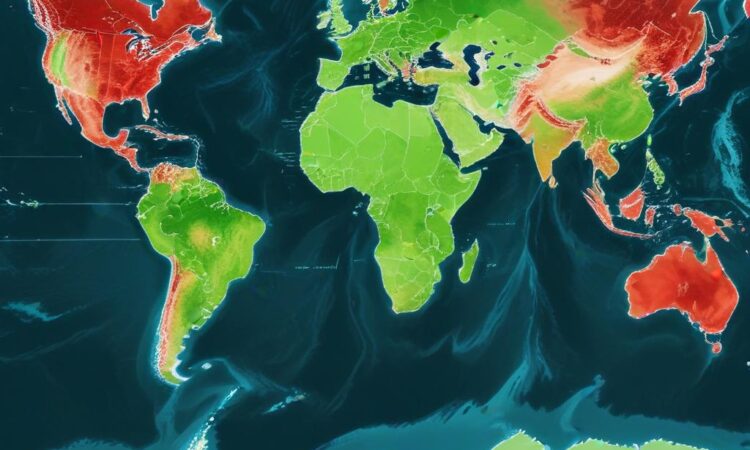Global Vaccine Equity: A Call for Action
The uneven distribution of COVID-19 vaccines across the world continues to be a concern. Efforts to improve vaccine access and equity are crucial to ensuring global health security. This disparity in vaccine access has profound implications for individuals, communities, and the global economy. It also fuels the emergence of new variants, hindering global recovery efforts.
The Uneven Landscape
While some high-income countries have vaccinated a significant portion of their populations, many low- and middle-income countries struggle to secure sufficient vaccine supplies. The gap between the haves and have-nots is stark, with some countries having vaccinated less than 1% of their population. This disparity is driven by several factors, including:
- Limited Access to Vaccines: Low-income countries face challenges in securing vaccine supplies due to financial constraints, limited infrastructure, and competition for limited global stockpiles.
- Inequitable Distribution Mechanisms: The current distribution system favors countries with strong purchasing power, leaving poorer nations at a disadvantage.
- Vaccine Hesitancy: While vaccine hesitancy is a global concern, it is particularly prevalent in some developing countries due to factors like misinformation, lack of trust in health systems, and cultural beliefs.
- Logistics and Cold Chain Challenges: Many developing countries lack the infrastructure and logistical capacity to store and distribute vaccines effectively, particularly those requiring specialized cold chain storage.
The Impact of Vaccine Inequality
The unequal distribution of vaccines has far-reaching consequences:
- Prolonged Pandemic: Continued transmission of the virus in poorly vaccinated populations fuels its spread, delaying global recovery and prolonging the pandemic.
- Economic Disparities: Vaccine inequality exacerbates existing economic disparities, as low-income countries struggle to recover from the pandemic’s economic impact.
- Emergence of New Variants: The virus continues to mutate, and the emergence of new variants poses a threat to global health security. Unequal vaccination creates opportunities for the virus to spread and evolve in poorly vaccinated populations, potentially leading to variants that are more transmissible, severe, or resistant to vaccines.
- Social and Political Instability: Vaccine inequality can lead to social and political unrest, as populations become frustrated with their governments’ inability to secure adequate vaccine supplies.
The Path to Vaccine Equity
Addressing global vaccine inequality requires a multifaceted approach:
- Increased Vaccine Supply: The global community needs to ramp up vaccine production to meet the needs of all countries. This requires greater investment in vaccine manufacturing capacity and technology transfer to developing countries.
- Fair Allocation Mechanisms: The existing distribution system needs to be reformed to ensure equitable access to vaccines for all countries, regardless of their income level.
- Financial Support: Low- and middle-income countries require financial assistance to purchase vaccines, build vaccine delivery infrastructure, and implement public health campaigns.
- Addressing Vaccine Hesitancy: Public health campaigns are needed to address vaccine hesitancy, providing accurate information and building trust in vaccines.
- International Collaboration: Effective collaboration between countries, international organizations, and the private sector is crucial to achieve vaccine equity.
The Need for Collective Action
Global vaccine equity is not simply a matter of humanitarian concern; it is a critical element of global health security. Only by ensuring equitable access to vaccines can we effectively control the pandemic, prevent the emergence of new variants, and accelerate global recovery. A united and coordinated global effort is needed to address the challenges of vaccine inequality and build a more equitable and resilient world.

